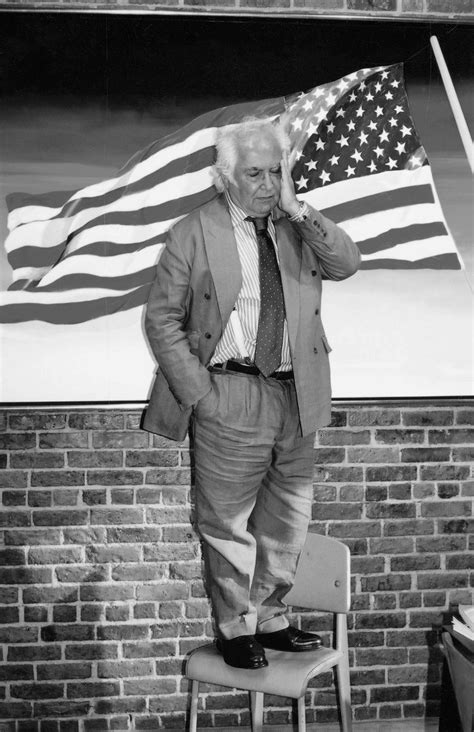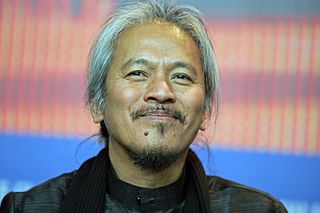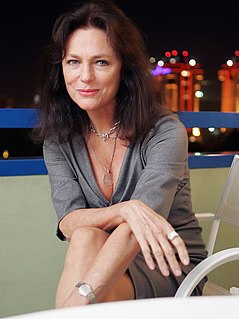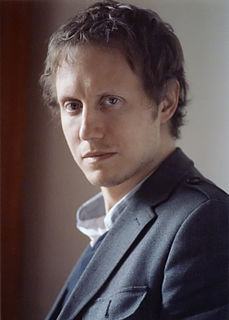A Quote by Valeria Golino
I came to Hollywood and I loved it. It was a great time, but in my head I was still elsewhere, in Europe. I believed in a certain cinema, which I still do believe in - a certain European cinema - and as a young woman being in America, I thought I was being taken away from that.
Related Quotes
The American public is a very specialized public. The reason it is taken as a realistic film is because inside the fable, I've put that kind of reality in. And it could easily be called, instead of Once Upon a Time in America, Once Upon a Time There Was a Certain Kind of Cinema. Because it was also an homage to cinema.
As the acceptance of democracy brings a certain life-giving power, so it has its own sanctions and comforts. Perhaps the most obvious one is the curious sense which comes to us from time to time, that we belong to the whole, that a certain basic well being can never be taken away from us whatever the turn of fortune.
The problem in Hollywood is that they try to become the only kind of cinema in the world, okay? The imposition everywhere of a unique culture, which is Hollywood culture, and a unique way of life, which is the American way of life. But Hollywood has forgotten that, in the past, what made Hollywood great and what made it go ahead was the fact that Hollywood was fed with, for example, Jewish directors coming from Germany or Austria and enriching Hollywood. In 15, 20 years, Hollywood became imperialistic. Cinema goes ahead when it is marriaged by other culture. Otherwise, it turns on itself.
The breakdown of the modern movement led to what later became known as postmodern-whatever the hell that means-referring to the mixture of people and backgrounds that became a common thing among artists in America. Many of the great artists in America, for example, came from Jewish families and backgrounds that fled all the way from Russia. It's remarkable, the great masters of American art and cinema who were coming from old roots in little villages there. And then Hollywood, and the haunting, hypnotic impact that American Cinema had throughout the world . . .




































